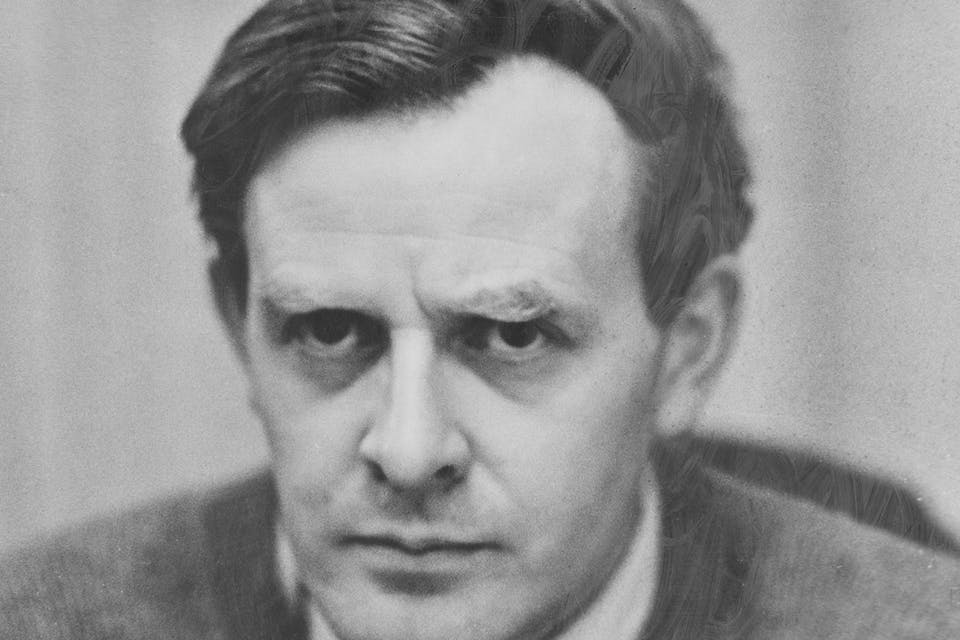
October 12, 2022
Anti-Semitism in the British Spy Novel
Looking back to the venerable genre, I'm struck by how often anti-Semitism presents itself. The late John Le Carré is only the most recent to be accused of that unpleasant condition.
Today, when most people think of Jews and spies in the same sentence, they are inclined to think about the exploits of the Mossad, which have been the subject of numerous books, films, and television series. But looking back to the venerable tradition of the British spy novel, I am struck by how often anti-Semitism presents itself. The late John Le Carré is only the most prominent to be accused of that unpleasant condition.
Somerset Maugham, a pioneer of the genre who in the 1930s was the world’s highest-earning author, had a touch of it. Graham Greene, who was influenced by Maugham and did more than any spy novelist (save maybe Joseph Conrad) to obtain highbrow literary respectability, had much more than a touch:
“He had been a Jew once, but a hairdresser and a surgeon had altered that.” (Brighton Rock, 1938)
“How the financial crisis has improved English films! They have lost their tasteless Semitic opulence and are becoming—English!” (a review in the Spectator)
“That Semitic expression . . . above the hooked nose of being open to the commercial chance.” (Journey Without Maps, 1936)
“She deserved something better than a man named Furtstein. . . . The domed Semitic forehead, the dark eyes over the rather gaudy tie.” (The Confidential Agent, 1939)